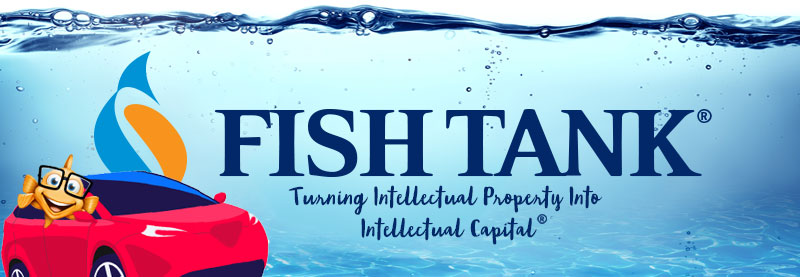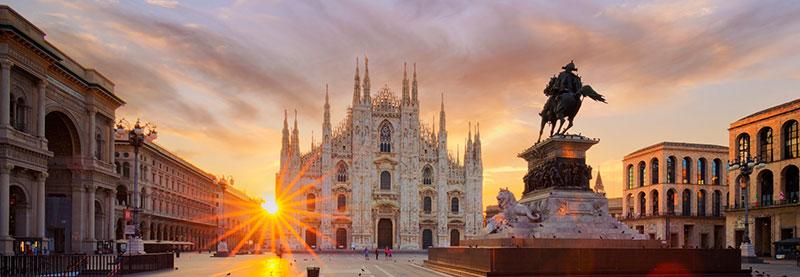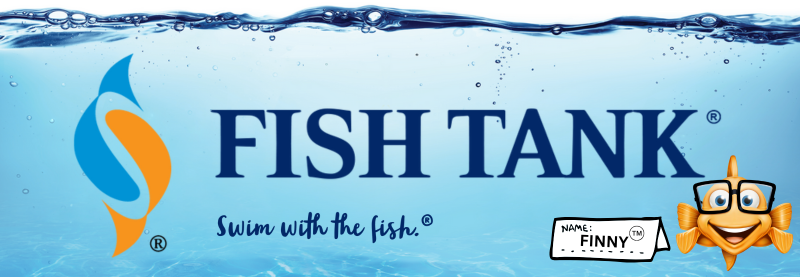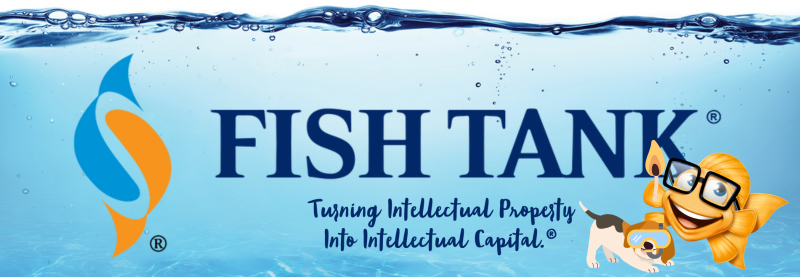Intellectual Property Insights from Fishman Stewart PLLC
Newsletter – Volume 24, Issue 17
Share on Social

Alfa Romeo “Milano” EV-SUV Changes Name to Avoid Conflict with Italian Trademark Laws
Car enthusiasts are buzzing about Alfa Romeo’s latest SUV which is also its first EV (plus a hybrid option). Initially branded as “Milano,” the name was changed to “Junior” after it was announced that the car would be produced in Poland. During a presentation on April 10, 2024, Italian Minister of Industry Adolfo Urso remarked, “A car called ‘Milano’ cannot be produced in Poland. This is forbidden by Italian law as misleading.”
Under Italian law, “the names of public territorial bodies, cannot be registered as trademarks, unless the competent authority has authorized their registration.” These types of restrictions on using geographic indicators as trademarks are intended to protect consumers from being misled as to the origin of goods. For example, Capri is an Italian island in the Gulf of Naples and a brand of American cigarettes. In 1993, the Court of Rome ruled that, because no tobacco is grown in Capri, consumers are not likely to be misled as to the origin of the product, and so, the term “Capri” for cigarettes was able to be registered as a trademark.
Recently, the law regarding use of the term “Milano” was revised. Soon after Alfa Romeo unveiled the “Milano” SUV, the Municipality of Milan approved an updated set of rules for the authorization of trademark registrations using the term “Milano.” The newly revised rules require the following:
- Authority: The Municipality of Milan shall act upon the Italian Trademark Office’s request.
- Applicants: The applicants may be both individuals and entities.
- Location: The place of business of the applicants shall be in Italy.
- Integrity Requirements: The applicants shall satisfy some requirements of integrity, including the following: (a) the absence of a final conviction for non-culpable offenses with a prison sentence of more than two years; (b) the absence of final convictions for offenses against intellectual, industrial and copyright law; (c) the absence of previous subjection to bankruptcy (or other proceedings related to insolvency); and (d) the absence of definitively established serious infringements of the payment of taxes, duties or social security contributions.
- Application Requirements: The request for Authorization shall inter alia contain the following under penalty of inadmissibility: (a) the motivations and interest underlying the application for registration of the trademark bearing the name “Milano,” specifying its effective connection with the territory and with the city’s values, its suitability for conveying a positive image of the city of Milan, as well as the possession of the requirements and the existence of the conditions outlined in the Rules; (b) the products/services that will be distinguished by the trademark bearing the name “Milano;” and (c) (iii) the territories where such products/services will be marketed, distributed/serviced.
- Authorization Conditions: Under penalty of revocation of the authorization, applicants (and, once the Trademark Office grants the registration, the owners) shall not (a) assign their authorization to file and use the name “Milano” or (b) make illicit use of the word “Milano.” Moreover, they shall inform the Municipality of Milan about any infringement of the word “Milano.”
- Renewal: It is necessary to file the request for Authorization upon each trademark registration renewal.
However, as written, the new rules present some serious issues. For example, requiring that the applicant must reside in Italy in order to register a trademark using the term “Milano” runs afoul of longstanding legal principles of freedom of movement and freedom of enterprise.
Moreover, requiring that the applicant must disclose the territories in which it will sell its “Milan”-branded goods and services may, in effect, require an applicant to disclose its business strategies to competitors—a requirement that is not found in Italy’s national trademark law which allows a registered trademark to be used anywhere in Italy at the owner’s discretion.
Finally, the requirement that Milan-trademark applicants and owners report on one another to the authorities any cases of infringement is very problematic because it threatens to create a police-state atmosphere in the business community— which is already a competitive environment by nature.
Although these new rules reflect a positive step towards protecting the name “Milano,” they may need some revision yet to make sure they are fair and practical. There may be some legitimate government interest in preventing consumer confusion vis-à-vis a Polish-made vehicle branded “Milano”. However, these new rules may create more legal potholes than they fix.
For now, to avoid a collision with Italian authorities, Stellantis (the company that owns Alfa Romeo) has rebranded the “Milano” to “Junior.” Apparently, it was more cost-effective to rebrand in these early stages than to relocate manufacturing from Poland to Milan!
Carlo Sala is an Italian associate of Fishman Stewart PLLC and a lawyer at Salalex, an intellectual property law firm in Milan, Italy. Mr. Sala was lead counsel for Tecnica on the seminal case of Tecnica v. Chiara Ferragni (Decision No. 491 of 25 January 2021) discussed in our previous article.

Related Content from Fishman Stewart
In February, Nike and Skims announced that they will be working together on a new brand, NikeSkims. The co-brand will create a new line of training apparel, footwear, and accessories specifically designed to meet the unique needs of women athletes.
Generally, federal courts have exclusive jurisdiction over copyright cases, and often, this presents an insurmountable paywall for individual artists and small businesses to vindicate their rights, especially where the value of the individual copyrighted works are relatively low.
Dedicated to raising public awareness about the importance of encouraging innovation and creativity throughout the world, the World Intellectual Property Organization (WIPO) annually observes World Intellectual Property Day on April 26 to showcase the role that patents, trademarks, industrial designs, copyrights and trade secrets play in our everyday lives.
Hold onto your foam fingers, sports fans – college sports just got a whole lot more interesting! The latest updates to Name, Image, and Likeness (NIL) rules are making student-athletes bigger than ever, and it’s not just about the game anymore.
Did a federal court in Louisiana recently decide that US copyrights are global rights? It seems so.
L.A.B. Golf aims to protect its innovations, and therefore its market position, owning three patents for its zero-torque design. The question now is whether L.A.B. Golf can withstand the wave of copycat designs.
One of his most famous songs, “Lose Yourself” was recently at the center of a lawsuit. In 2019, Eminem’s publishing company Eight Mile Style sued Spotify claiming that Spotify streamed a number of its musical compositions without proper licenses.
Our latest article tackles three common trademark questions: 1. Can I trademark my own name? 2. Can I trademark the name of a fictional character? 3. Can I trademark the name of a U.S. president or British royal?
One of the most common challenges is whether AI should be free to train on data that is protected by copyright and owned by third parties without first obtaining permission.
Like the titles of single creative works, character names do not generate trademark rights unless used for a series of creative works (meaning two or more). A year ago, Jane Wick, LLC filed a trademark application for the mark JANE WICK in logo format.
IDENTIFYING, SECURING AND ADVANCING CREATIVITY®
















